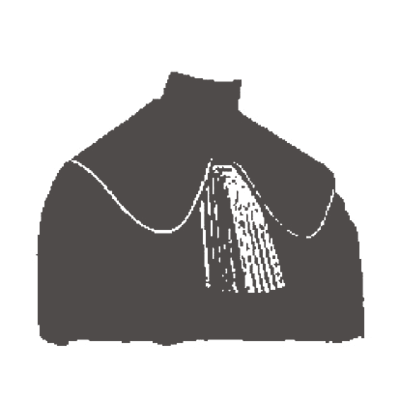Judicial revolution allows online alcohol sales
The judgment of the Supreme Administrative Court of 8 September 2022 has broken a relatively uniform line of decisions banning online alcohol sales.

Distinctive character of a trademark
To obtain protection for a trademark the owner must prove that a sign has a distinctive character, i.e. it is not merely descriptive. But it is often unclear whether this is the case.

When a residential part of a building becomes a hotel
The Supreme Administrative Court recently reviewed a case concerning unauthorised change of use of real estate. According to the construction permit it was supposed to be a residential part of a building, but was converted into rooms to be let.

The Domestos bottle: Registration of three-dimensional trademarks
Recent case law from Poland and the EU shows that it is tough to gain protection for a 3D trademark in the form of the shape of a product. Maintaining the protection of such a mark may also be a problem.

Planning and environmental damage
The act of planning and preparation for a venture cannot be regarded as an “activity” causing an imminent threat of environmental damage.

Review of rejected claims against the General Directorate for National Roads and Motorways under the special act for road construction subcontractors
The Supreme Administrative Court of Poland has made it clear that the administrative courts cannot review the road authority’s refusal to recognise a subcontractor’s claim for payment under the “special act.” The subcontractor’s claim may be pursued instead through the civil courts.

Electronic signature doesn’t work in administrative court
Poland’s Supreme Administrative Court has held that under current law it is impermissible to file papers with the administrative courts electronically using a secure electronic signature.

Not every contamination is environmental harm
The touchstone for determining liability for contamination of the earth or soil is the Act on Preventing and Remediating Harm to the Environment. But not every contamination will result in liability under the act.

Citizen standing to object to trademark registration
The Polish Supreme Administrative Court has confirmed that a person objecting to a decision to register a trademark under Art. 246 of the Industrial Property Law need not demonstrate a legal or factual interest in the matter.

Building permit may be issued even after construction is completed
In specific instances, a decision granting a building permit may be issued even after construction has been completed and the building has already been delivered for occupancy.

Court rules on stay of enforcement of environmental decision
An environmental decision is not a basis for commencing implementation of a development project, and thus it does not entail a threat of significant harm or irreversible effects that would justify a stay of enforcement.

May products be marked with national symbols?
Polish national symbols, such as the coat of arms (a white eagle with a golden crown on a red background), the red and white flag, and the national anthem (Dąbrowski’s Mazurka), enjoy special legal protection.
